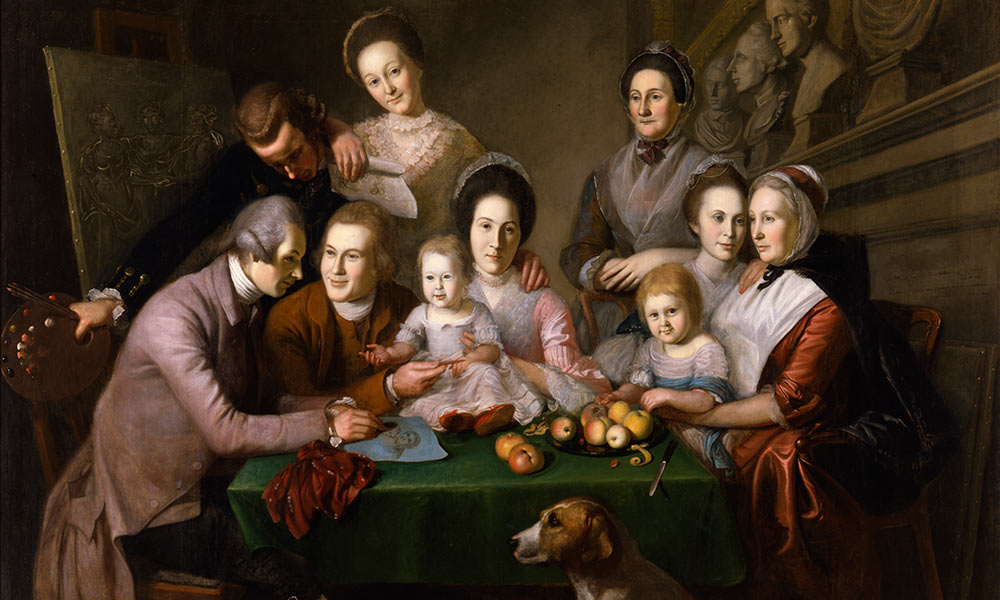
In Goethe’s novel families, love is all that matters
Susan Gustafson’s recently published book examines Johann Goethe’s depiction of family in his literary works, which were cutting-edge compared to the actual state of marriage and family in early 19th-century Germany.
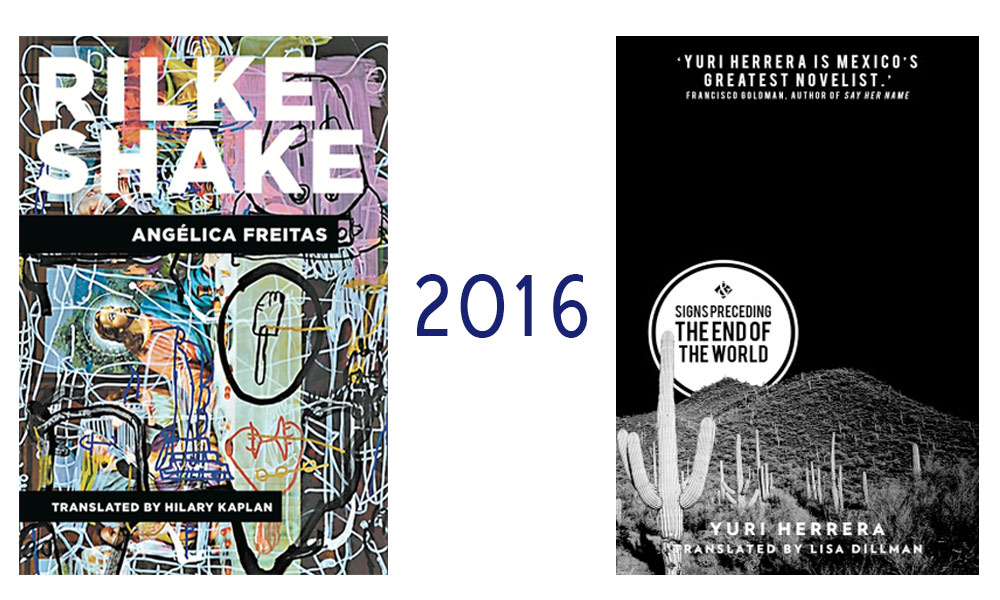
And the winners of this year’s Best Translated Book Awards are…
Chad Post, creator of Three Percent and a founder of the awards program as publisher of the University’s Open Letter Books, announced the winners May 4 during a ceremony in New York City.
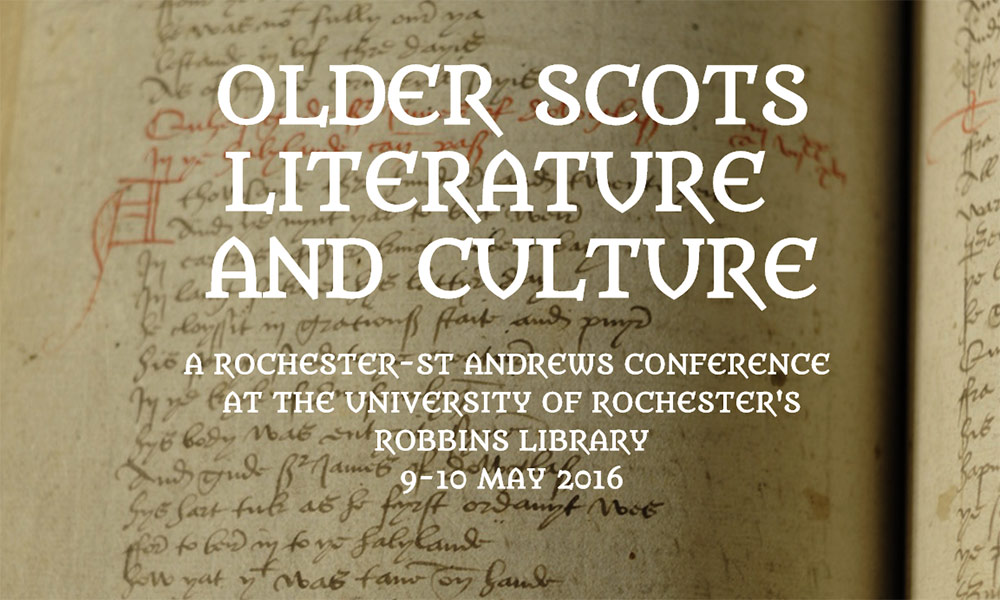
Brushing Up on Older Scots
In May, the University is hosting the Rochester–St Andrews Conference on Older Scots Literature and Culture, where specialists from the U.S., Canada, and Europe will share papers on 14th- to 16th-century literature in Older Scots

SA Government names Professors of the Year
Students submitted 63 nominations, and a Student Association Government academic affairs legislature committee deliberated and selected the winners.
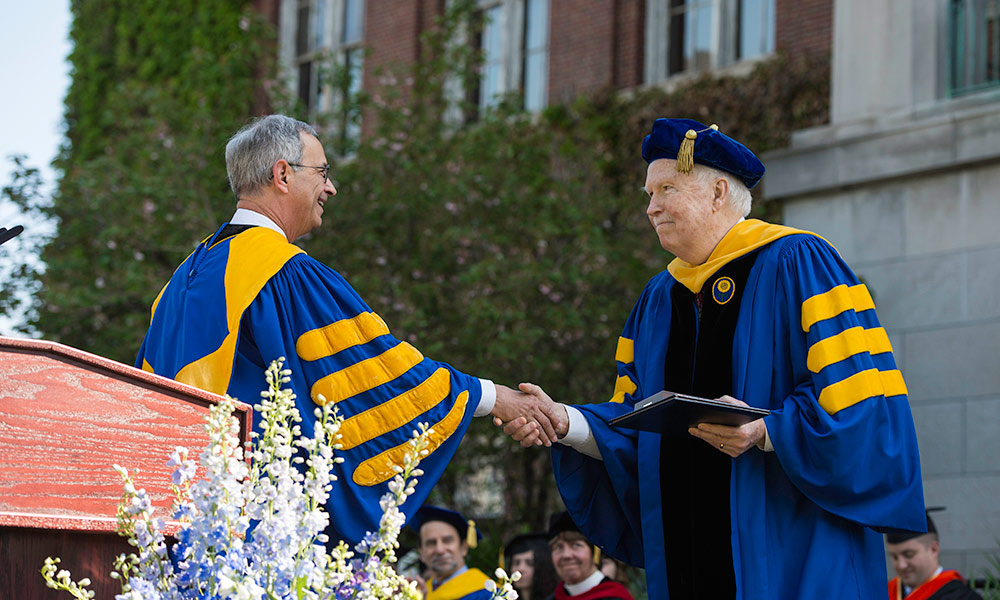
Humanities programs to benefit from $2 million commitment from alumnus
Joseph F. Cunningham ’67 and his wife, Andrea, have created an endowed fund to support research, lectures, and public forums within the humanities.
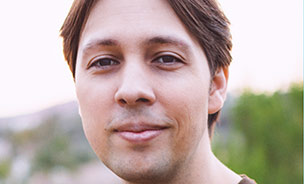
Q&A: The man who invented Dothraki
Linguist David Peterson, best known for creating the Dothraki and Valyrian languages for the HBO series Game of Thrones, will discuss the craft of creating new languages at a talk April 13.

Pop-Rock Mother Courage updates Brecht for contemporary world
Bertolt Brecht’s antiwar drama Mother Courage and Her Children begins its run on Thursday, April 7, featuring the International Theatre Program’s first ever commissioned score.

NEH grants support three Rochester professors
Susan Uselmann and Thomas Devaney were awarded “Enduring Questions” grants, which aim to help in “the development of a new course that demonstrates the enduring value of the Humanities by extending beyond traditional disciplinary boundaries.” Peter Christensen has received a Summer Stipend.
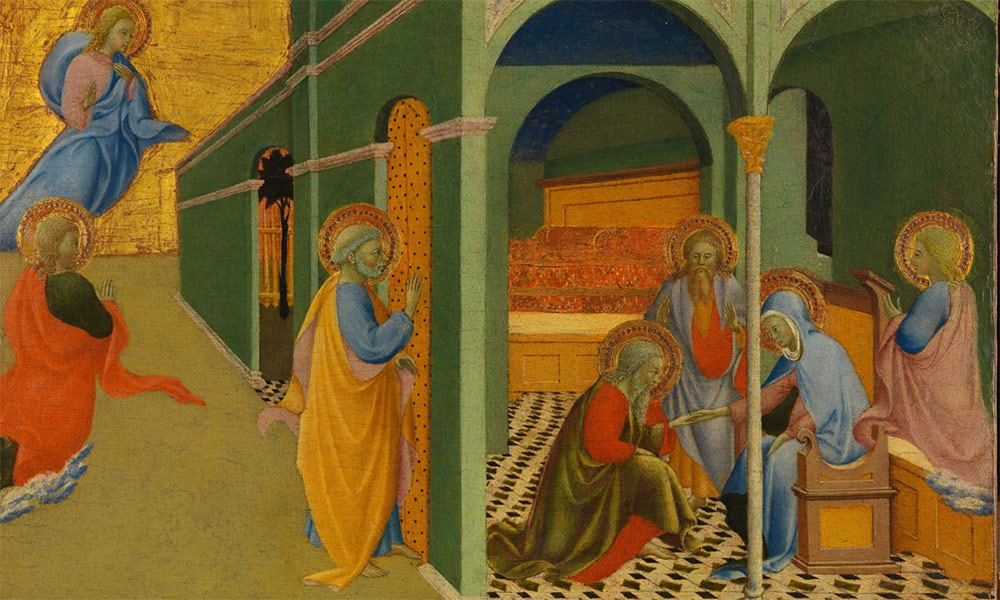
Parting words: Leave-taking during the Renaissance
As this year’s keynote speaker for the Ferrari Humanities Symposia, literary critic Jane Tylus will outline some of her new ways of thinking about how artists and others in early modern Europe depicted rituals of separation in a public talk, “Saying Good-bye in the Renaissance: Leave-Taking as a Work of Art,” on April 5.
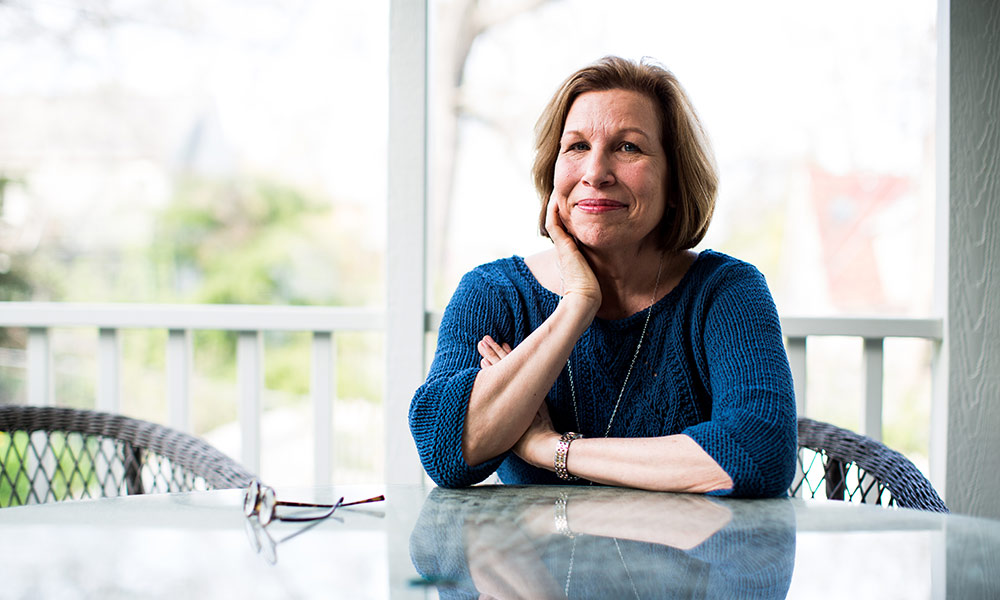
Race, sex, and Allied power relations during WWII
Mary Louise Roberts talk, “The Leroy Henry Case: Sexual Violence and Allied Relations in Great Britain, 1944,” takes place on Thursday, March 31, 2016, at 5 p.m. in the Hawkins-Carlson Room.
